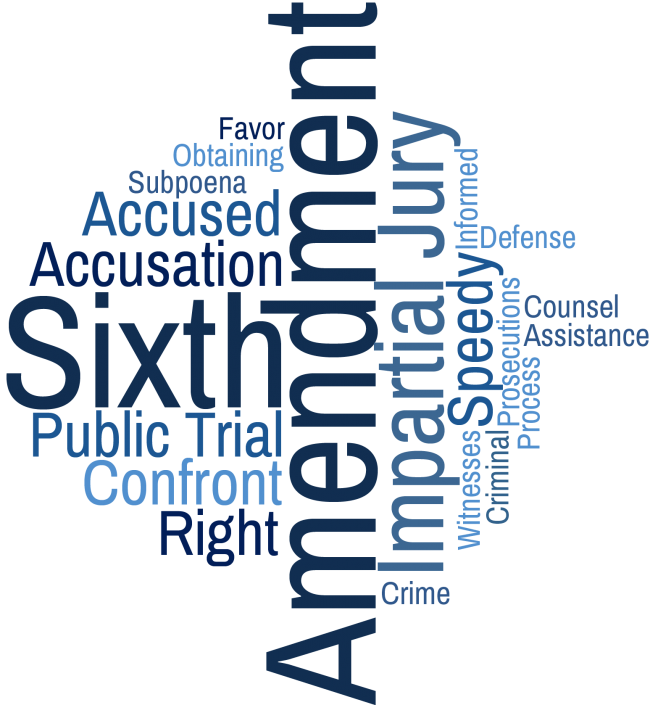Happy Women’s History Month! This year, the commemoration takes on added significance as we mark the centennial of the ratification of the 19th Amendment. To celebrate 100 years of votes for women, the Harris County Law Library will host events focused on women’s suffrage and women in law and government.
Votes for Texas Women, the exhibition: March 17 - April 3, 2020
Visit the Harris County Law Library beginning March 17 to view the traveling exhibit from the American Bar Association and Law Library of Congress about the progress of suffrage in the last 100 years. The Law Library is the only institution in the Texas Gulf Coast Region slated to host the exhibit and we are proud to make it available to all through April 3, 2020.
The Law Library will also display an exhibit featuring artifacts from our archives, including an original 1920 printing of the 19th Amendment, to provide insight into the journey of women’s suffrage from the signs of suffragettes through the Texas and U.S. Constitutions and Supreme Courts.
Register to Vote!
All eligible exhibit goers will have a chance to register to vote at the end of the exhibit. As a voter registration agency under Chapter 20 of the Texas Election Code, the Law Library will offer voter registration cards and accept completed applications.
19th Amendment Centennial Symposium: April 2, 2020
Registration is now open for the Law Library’s 19th Amendment Centennial Symposium. Join us on the 103rd anniversary of the day Jeannette Rankin, the first woman to serve in the U.S House of Representatives, was sworn in at the Capitol as Mariann Sears, the first woman to serve as director of the Harris County Law Library, will welcome notable women from the legal community and government to discuss the importance of inclusion. The event is free and open to all, but registration is limited. Register today!
Women’s History Month Exhibit and Digital Exhibit: March 1-31, 2020
Throughout the month, visitors to the Law Library can view an exhibit commemorating the achievements of Camille Elizabeth Stanford Openshaw, the first woman to serve on the board of directors for the Harris County Law Library. Visit the digital exhibit to learn more about Ms. Openshaw.









